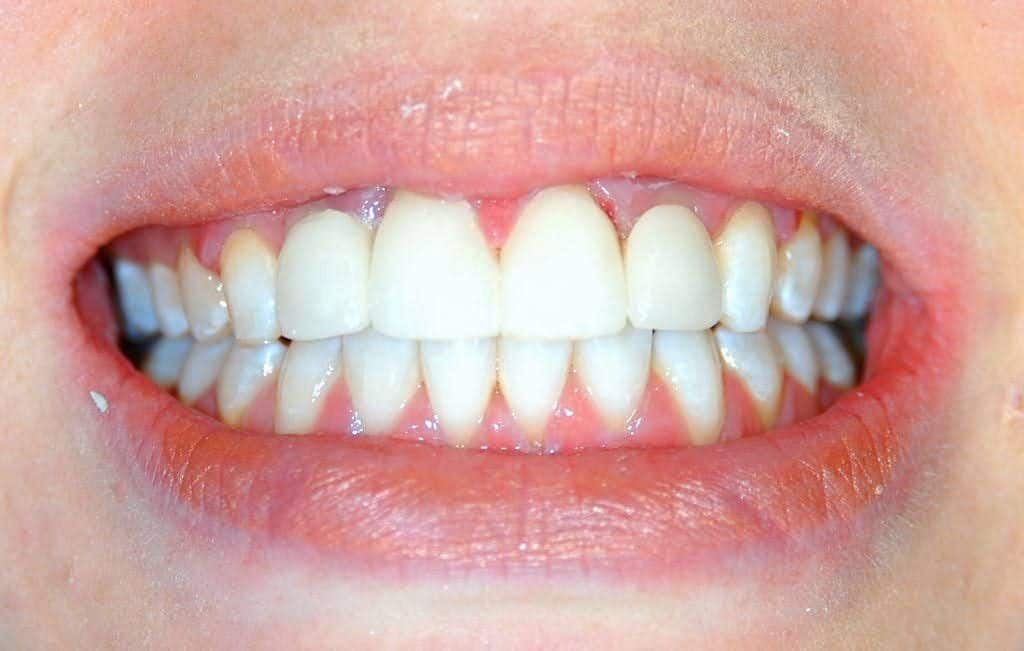
What Is Gum Disease?
Gum disease, also known as periodontal disease, is an infection of the gums and bone around the teeth. The infection occurs when plaque, a sticky film of bacteria, forms on the teeth. If you don’t remove the plaque through proper brushing and flossing, the substance can harden and turn into tartar. Tartar is hard to remove and may require professional cleaning by a dentist or dental hygienist to remove it.
Otherwise, the tartar can cause the gums to become inflamed (gingivitis). Inflamed gums may be red, swollen, and bleed easily.
If you don’t treat gingivitis quickly, the condition progresses to periodontitis. Periodontitis is when the gums pull away from the teeth and form deep pockets. These deep pockets fill with bacteria and may eventually lead to tooth loss.
How Does Gum Disease Affect Dental Implants?
For dental implants to be successful, you must have healthy gums and enough bone to support the implant. Gum disease can affect your eligibility for dental implants in several ways.
First, if you have periodontitis, the bones and tissues that support your teeth are destroyed, which means there is not enough bone left to support a dental implant. Secondly, the inflammation caused by gum disease can make it difficult for the implant to fuse with the bone.
Therefore, if you have active gum disease, you must treat the infection before getting dental implants. Otherwise, the implants will likely fall off or fail.
Can You Get Implants After Gum Disease Treatment?
Yes, you can get dental implants after successful treatment of gum disease. Once the infection has been resolved, and the gums have healed, you can get implants.
However, your oral surgeon will first evaluate your mouth’s condition to ensure you are a good candidate for dental implants. Then, the surgeon will determine the amount of bone loss and plan the implants’ placement.
Sometimes, you may need a bone graft before getting dental implants. A bone graft is a procedure in which artificial or natural bone is used to build up the jawbone to support an implant.
What If You Get Periodontal Disease After Dental Implants?
Getting implants does not make you immune to gum disease. Without proper oral hygiene, you are prone to peri-implantitis, an inflammation of the gum tissue around the implant. Smokers and individuals with diabetes also have a high risk of this oral infection.
Peri-implantitis is a severe condition that can lead to bone loss and eventually cause the implant to fail. Other symptoms of peri-implantitis include red, swollen, and bleeding gums. You may also experience difficulty chewing, mouth odor, and pus around the implant.
If identified early, your dental specialist can treat and manage peri-implantitis to maintain the implants. Your dental specialist may recommend a unique mouthwash combined with antibiotics to reverse the infection. In severe cases, you may undergo surgery to remove the infected tissue.
For further inquiries about dental implants, visit a reliable dental clinic for evaluation to determine if you are a good candidate for this procedure. You can trust The San Diego Center for Oral & Maxillofacial Surgery for your dental implant needs. We understand the ins and outs of this procedure and can give you the best advice and results. Contact us for a consultation.
